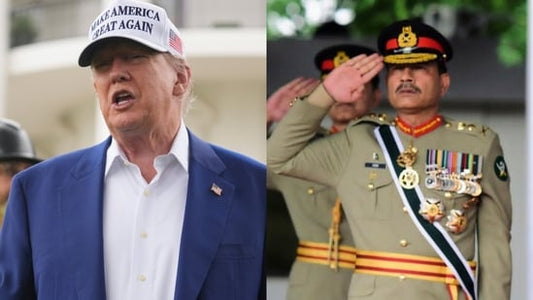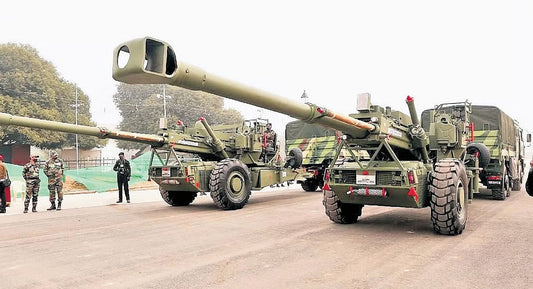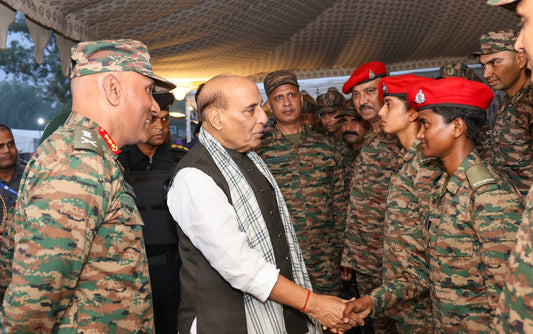Trump Meets Pakistan’s Army Chief After Nobel Nomination Mention, Claims Role in India-Pakistan Conflict Resolution

In a move generating diplomatic interest, US President Donald Trump recently welcomed Pakistan's Chief of Army Staff, General Asim Munir, to the White House. This visit followed Munir’s public support for awarding Trump the Nobel Peace Prize, citing his role in averting a potential nuclear crisis between India and Pakistan during a military standoff in May.
The White House confirmed the meeting, with spokesperson Anna Kelly emphasizing that it occurred due to Munir's praise of Trump’s "decisive role" in preventing further escalation between the two nuclear-armed countries.
This visit, however, has faced opposition from New Delhi. Mere hours before the meeting, Indian Prime Minister Narendra Modi engaged in a 35-minute phone conversation with Trump to assert that the ceasefire reached after the May 7–10 conflict was the result of direct military communication between India and Pakistan, without any external intervention.
India’s Foreign Secretary, Vikram Misri, reiterated the nation's consistent stance against third-party mediation in bilateral issues with Pakistan. “The Prime Minister reiterated that New Delhi has never accepted third-party mediation and never will,” Misri stated.
Despite India's stance, Trump stood by his version of events, telling reporters, “I stopped a war between Pakistan and India. They were going at it — both nuclear countries. I stepped in. I love Pakistan. Modi is a fantastic man.” Trump commended both leaders, describing the ceasefire as a joint success facilitated by US diplomacy, even though it has not been widely acknowledged.
The brief but intense military conflict between India and Pakistan was triggered by a terror attack in Pahalgam on April 22, which resulted in 26 fatalities, primarily tourists. India retaliated with strikes on nine terror camps located in Pakistan and Pakistan-occupied Kashmir under Operation Sindoor. Pakistan responded with shelling targeting Indian civilian and military facilities, which were neutralized by India’s air defense systems.
India maintains that the de-escalation was achieved through existing military backchannels, not through international mediation. Misri also refuted any claims of a simultaneous US-India trade dialogue during the conflict.
Plans for a meeting between Trump and Modi on the sidelines of the G7 summit in Canada were cancelled due to Trump’s early departure amid escalating tensions in the Middle East. Trump had invited Modi to visit the US on his return trip, but the Indian Prime Minister declined, citing prior commitments. Instead, Modi invited Trump to the upcoming Quad leaders' summit in India later this year, an invitation the US President has accepted.
The visit by General Munir and Trump’s statements have added a new layer to the already intricate geopolitical landscape, while India steadfastly maintains its position on strategic autonomy and non-intervention in regional disputes.















![Let's Crack SSB Interview Book [Paperback]](http://shop.ssbcrack.com/cdn/shop/files/ssb-books.webp?v=1736351621&width=533)



